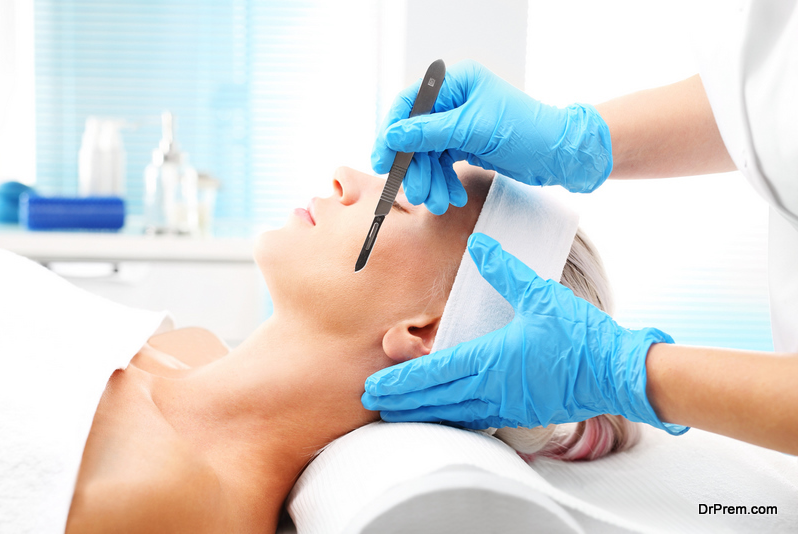
Date: 2022-11-30
The Patient Safety Diamond, created by International Society of Plastic Aesthetic Surgery President Dr. Foad Nahai in 2010, identifies four characteristics essential for safe aesthetic cosmetic surgery:
The Patient Safety Diamond, created by International Society of Plastic Aesthetic Surgery President Dr. Foad Nahai in 2010, identifies four characteristics essential for safe aesthetic cosmetic surgery:
Procedure: suitable for the patient
Patient: a good candidate for the treatment
Surgeon: someone who is competent and experienced in doing the surgery.
Surgical environment: secure, with skilled workers and emergency protocols in place.
You will improve your safety and the success of your cosmetic operation if all four of these requirements are satisfied.
Is the surgery you're thinking about offering the improvements you want?
It is critical to grasp the benefits that the treatment may give when setting realistic expectations for plastic surgery. For instance, you may be considering liposuction when a belly tuck is required. Or vice-versa, you may not be eligible for a procedure, depending on your medical history, or it might be risky. It’s strongly recommended to get a doctor’s consultation firstly, and planning the rest after determining the most suitable procedure for you.
If you wish to have numerous operations done at the same time, such as abdominoplasty and breast augmentation, check sure the surgery can be carried out safely. Conventional aesthetic operations can be finished in one to three hours; a combination of procedures should not take more than five to six hours to be safe.
Also get informed about the possible outcomes of the treatment you are offered, and learn about the aftermath such as the recovery time, scars, post-op care etc.
Where will you be staying while you recover?
Depending on the operation, patients should stay in the region where the surgery was conducted for around one week. The danger of pulmonary embolism and blood clots increases if you travel too soon following surgery. Plan out ahead of time where you will stay during your trip, and if the accomodations have the services you want during your recovery.
With Reviveair, you will see many options for varying accomodation types in the areas of hospitals and clinics, and what they offer you in terms of service. So you can easily plan all aspects of your trip.
Aftercare
You may need to plan for help following your operation, depending on the sort of care necessary. For at least a few days, patients frequently require assistance getting dressed, eating themselves, and caring for other personal requirements. Inquire whether you will require assistance and for how long.
What limitations will I face following surgery?
Swimming, sunbathing, and drinking alcohol are common holiday activities that are not encouraged following surgery. Other vacation-related activities to avoid may include lifting heavy items, standing or walking for lengthy periods of time.
What to Pack For Your Trip?
Aside from standard travel supplies, useful goods following surgery may include:
Sun protection, such as a hat, scarf, or sunscreen, is recommended.
Clothing that is simple to put on and take off (shirts that button in front, pants with elastic waist)
Special compression clothing or a surgical bra are recommended.
Pillows that bolster specific areas of the neck, body, or back during surgery
Your Transaction is Executing.
Please wait.